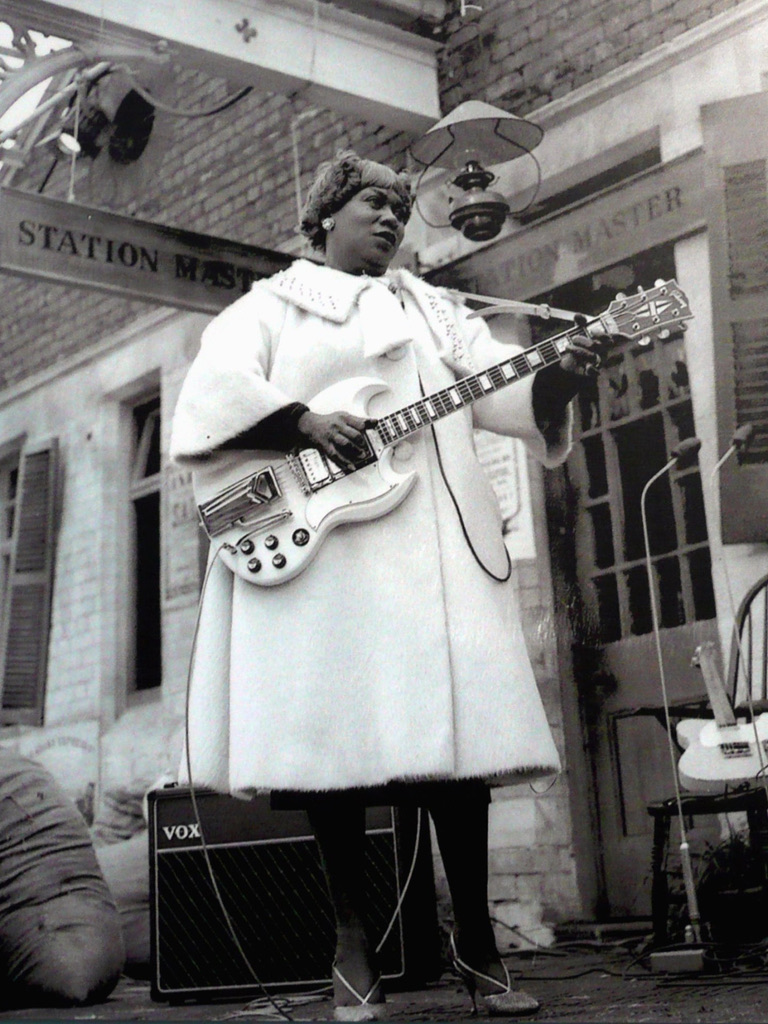Japanese firm believes it could make a solid-state battery with a range of 745 miles that charges in 10 minutes
Let’s see if this breakthrough is scalable. 1200 km’s and 10 min charging would definately make EV’s more practical. I don’t expect hydrogen-powered cars to become the standard anymore, especially since with those you’d still rely on ‘gas’ stations instead of producing your own energy.
You’d still need “gas stations” to recharge this battery in 10 minutes.
The charging current required for a battery like this would be in the high hundreds of Amps. Not something you can pull out of your wall.
Another thing with at-home charging that I don’t see much discussion around;
In 2035 the EU will stop the sale of combustion engines, but when everyone drives electric, how will the electric grid handle millions of cars suddenly being plugged in at the end of each day?Power companies can manage load. The power provider I’m with manages my charging. All I have to do is pick a time when I want it to be ready (the power company not only gives the half rate night pricing, it also pays me to do this). There’s a lot of excess energy at night, off-peak. Millions of vehicles smart charging will balance the load.
The issue is, when millions want/need to charge at peak. Which, I haven’t really seen yet (having owned an EV for 4 years now). Mainly because, it’s more expensive to do so. What I have seen is the grid being overloaded because of students doing all the heating, laundry, dishwashing and showering when power companies offer a “free hour of power” and they all choose the same hour according to student scheduling (they prefer timeslots between 1600 to 2200)… But I haven’t seen the grid go down because of EV’s, we mainly pick the later timeslots (2300 to 0700).
Actually smart grids could rely on all those cars plugging in at once. Because cars can put energy back into the grid too.
As someone who works for a power company, it’s an extremely difficult challenge we’re facing right now to balance the load on the power network. There’s high peaks and low lows, constantly increasing demand, people providing back tons of power through their solar panels and a lack of personnel to even onboard all the new customers. It’s a real issue that’s even leading to some of my colleagues getting harassed in the street by angry customers while working.
If you ever expected hydrogen cars to become the standard, you must have lived under a rock.
There was a few years there around 2002 ish where hydrogen was being billed as a savior, exactly “becoming the standard” type talk. If you’re old enough to remember that you might be of that mindset.
It’d notably only make a tiny percent of EV trips more practical because nearly all current trips happen within a couple of miles of a home where you can charge at your leisure. More interesting will be how this tech compares to other renewable techs for powering shipping.
The real revolution will come from getting more and more of those car trips replaced with transit & bikeped. Save taxpayer money, prevent thousands and thousands of deaths, improve livestyles, and create more environmental cities.
As a first gen Leaf owner with 50 miles range who has bought 1/3 tank gas twice this year, I second this. BTW, charging on a regular outlet with no fast charger and haven’t seen our electric go up any noticeable amount since before the switch.
Definitely agree that for many people this will be the case, but for people who live in apartments or units without access to convenient charging facilities this new tech, if it scales, would still be quite useful. We do a 300km round trip drive a few times a month, and 150km round trip every day. Once per week we have a 200km round trip drive. Until 2 months ago we did not live in a place that had an external powerpoint anywhere near our allocated carpark and our workplace does not have any charging facilities. 10min charge every couple of days would still have been very doable. In our current place we could go for a current gen ev, if we had the cash, because we actually have a garage- but plenty of people do not.
Totally agree that expanding out public transport and making it affordable would absolutely be the best option and doesn’t rely on technology we don’t already have though. In our last place we technically could have replaced that daily 150km round trip with a 1hr train + 30mins walking each way, but even ignoring the fact that it was a much slower option, it was also more expensive even accounting for fuel, maintenance, insurance and rego on our car. If politicians wanted an easy environmental win they would subsidise public transport and make it more accessible.
This sounds more like a capacitor than a battery. Also: that’s a lot of current to dump into an energy storage device in a short period of time. There’s no way you’re going to be able to do that at home without major overhauls to the last mile of the electrical grid. (I also question whether dedicated charging stations will be able to do it either, without some sort of serious on-site energy storage/buffer to moderate the spikes in current draw to the broader electrical grid.)
No. It’s a battery not a capacitor. And no, you won’t do home charging at 100s of kilowatts. That’s totally pointless. Fast charging is for road trips, when you want short charging breaks. If you could charge a 100 KWh battery at a continuous 350 KW, you’d be done in less than 20 minutes from 0 to full. 350 is about the maximum we can do today and i don’t see that growing much higher. Those huge charging speeds being thrown around in these articles are not practically relevant.
Charging at home generally doesn’t have to be fast though, only when you’re on the go would you need extra fast charging. With newer generation batteries (like sulfur and lithium based batteries) faster charging will be easier but dedicated charging stations probably need some adjustment indeed.
I wonder what do you mean by obsolete, the efficiency of a combustion engine is still dramatically bad despite of the fuel being used, compared to an electric motor.
that being said, biofuels could be a nice thing to let us drive the current ICE vehicles in circulation, but just until they are totally busted and recycled.
we really need to stop manufacturing new cars, especially the one using ICE. cars are one of the most complex and wasteful product being manufactured.
Biofuels are not even remotely economical and never will be. There is simply not enough agricultural land to grow enough plants.
That is about 2.2X the range of a Tesla, so figure 2.2x the battery: 68kWh x 2.2 = 149.6 kWh. Divide that by 1/6 hour: 900 kW(!) at 240V about 3750 amps. We gonna need a bigger charging cable! lolz
At those capacities and charging times there’s no chance of it not being some medium voltage (4160v or higher) equipment. Even a 480v 3ph low voltage building power system wouldn’t be realistic because a single charger would be more than double the service size as the entire remainder of the gas station. However it would be done this would need a massive upgrade in electrical that isn’t going to be available at your neighborhoo station. Also raises some safety and logistics concerns, you can’t trust the average person with that degree of potential hazard.
At that current it would be much better to break it into numerous smaller connectors.
I haven’t seen anything that sounded like good news regarding biofuels in years. Issues with inability to scale while keeping costs reasonable as well as it still generating lots of pollution.
There is no good news for biofuels, excluding the narrow category of recycling things like cooking oil. The category is trash. Plants are wildly inefficient; we have much better technology for extracting maximum energy from sunlight. The whole thing is just an agribusiness subsidy with countless extra steps.
There IS some good news for renewable combustible fuels. E.g., this recent episode of Volts where the CTO of ET Fuels talked about his company’s current deployments (and plans for a big scale up) of off-grid, renewably-powered facilities to produce green e-methanol.
But even the guys who are in this industry don’t even entertain the idea that this will ever be a car fuel. They market it as a shipping fuel.
And agribusiness is just three chemical companies in jean overalls masquerading as a “humble farmer”.










